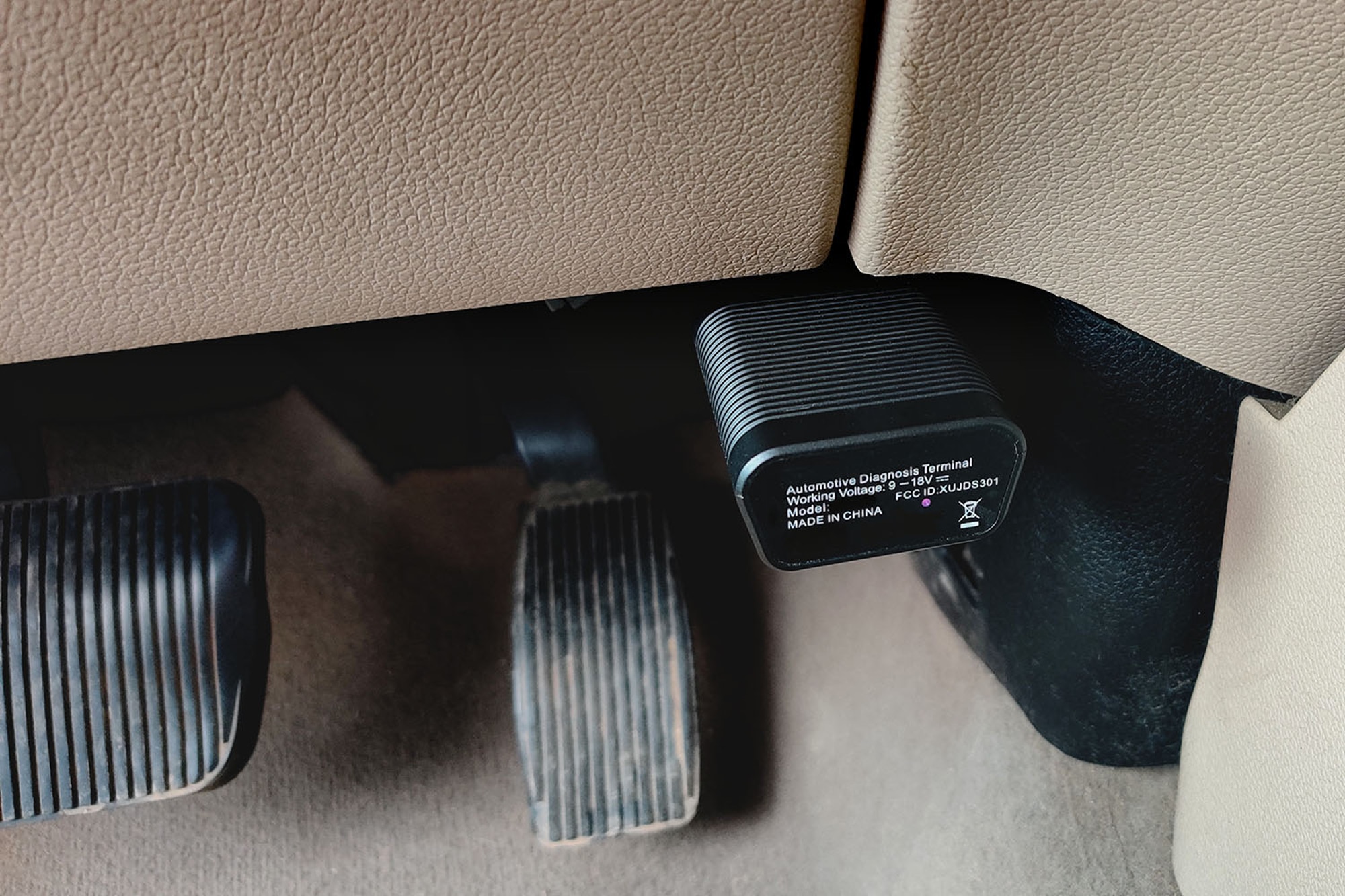Is Using Telematics Insurance Worth the Savings?
Telematics insurance can be worth the savings, especially if you're a low-mileage driver.
 Austin Lott/Capital One
Austin Lott/Capital One
Article QuickTakes:
Telematics insurance—also known as usage-based car insurance—is a type of insurance that bases your premiums on how safely you drive, and more importantly, how much you drive. Companies that offer this coverage send their customers a device they can install on their car. The device monitors their driving habits and mileage with the goal of helping them save money.
Any benefit you receive from this insurance could also come with some potentially serious trade-offs, and the savings may not be as generous as the insurance companies claim. So, how much can you really save with this type of insurance, and is it worth the potential privacy drawbacks?
How Much Can You Save with Telematics Insurance?
Having to install a car monitoring device to save money on car insurance may seem like a tall ask, but usage-based insurance programs only seem to be growing in popularity. In fact, a
These figures aren't too surprising. After all, some of the largest insurance companies offer telematics insurance programs. Allstate has their own usage-based program called Drivewise, Progressive has their Snapshot program, and State Farm has a usage-based insurance program for individuals who buy a new vehicle from Ford.
Even so, your savings will depend on a variety of factors, including which insurance company you use, the discounts they offer for installing a car monitoring device, and how much you actually drive. However, Progressive says their usage-based customers save an average of $146 per year, and Nationwide says their customers save up to 40% on insurance premiums through their SmartRide usage-based program.
Saving hundreds of dollars on car insurance could be worth it for some people, and that's especially true if you can score other discounts in the process.
Pros and Cons of Telematics Insurance
Potential savings aside, it's important to think carefully before you let anyone track your location and monitor your driving habits. There are some potential upsides to these programs, but there are downsides to be aware of, too.
Pros:
- You may secure lower premiums. You have the potential to save money on car insurance if you're a safe driver or a low-mileage driver, although your savings will vary
- Using this type of insurance is simple. Installing a car monitoring device is a one-time job. Typically, you can install your device in less than five minutes
- There are many programs available. Some programs base your premiums on your driving habits, and others let you pay per mile. Either way, you have options
- You can use telematics as a negotiating tool. Telematics discounts offer another way to save money since they can also serve as a negotiation tool as you shop for a new policy or seek lower rates with your current company
Cons:
- Your insurance company is tracking you at all times. Letting a company track your whereabouts brings up some potentially serious security and privacy issues
- You can be penalized unfairly. A
Consumer Reports study revealed that some usage-based programs penalize people for factors beyond their control, like driving to work for a late shift or hard braking to avoid getting into an accident - Exact savings aren't clear upfront. While insurance companies may promise big savings for their usage-based programs, hard numbers aren't offered upfront. This makes it hard to know if signing up is worth the trouble ahead of time
Should You Sign Up for Usage-Based Insurance?
Before you sign up for usage-based insurance, consider the trade-offs you're willing to make to save some cash. For example, are you willing to let a third-party company know exactly where your vehicle is at all times?
If you drive infrequently and have a history of safe driving, there's a good chance telematics insurance could help cut costs. Plus, you may not share the same privacy concerns as other drivers.
Whether you're gearing up to buy your first car or trying to score cheaper insurance, you should also think about the other side of the equation. If you drive frequently, you drive late at night, or you have a heavy foot on the gas pedal, it's probably best if your insurance company doesn't have the opportunity to watch you in real time.



